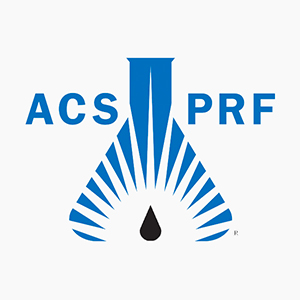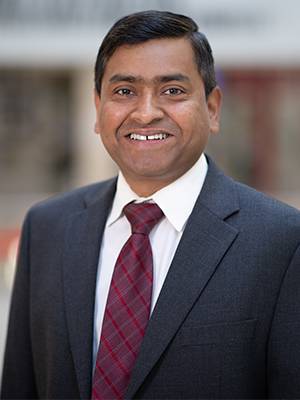
Dr. M. M. Faruque Hasan, assistant professor in the Artie McFerrin Department of Chemical Engineering, has received an American Chemical Society Petroleum Research Fund (ACS PRF) Doctoral New Investigator Award. Hasan’s funded project is entitled, “Modular Process Intensification of Methane Separation, Storage and Conversion.” The goal of this research is one that could be beneficial to the entire energy sector, and the natural gas industry in particular. Ultimately, this research could open up large swaths of resources that are currently not being used.
Currently, there are many different natural gas sources that are not being utilized at all: stranded natural gas, associated gas, distributed shale gas, landfill gas, biogas, and fuel gas to name a few. These gas sources are often small, regionally distributed and unused for a number of different reasons, all related to cost benefit. In most cases, these gases are just flared to avoid operational and environmental consequences. They often contain impurities, at widely different concentrations; the overall composition of these resources vary from source to source. Using the traditional method of transporting the raw gas through a pipeline to a distant processing plant is a significant investment, one that does not make financial sense for the quantities of gasses at these disparate sources.

Hasan’s research will use advanced process intensification methods, optimization theory and algorithms to discover modular technologies that will turn this problem into opportunity. Specifically, Hasan will employ a novel process intensification method developed in his research group that combines multiple operations into a single multifunctional unit. Stated simply, the goal is to develop modular technology that achieves the same performance of all of the processes that normally take place at a gas processing and conversion plant, using less equipment. In this particular case, converting methane and/or other natural gasses into hydrogen, the raw gas has to be treated many different times, using many different processes before it is converted into pure hydrogen. The goal is to combine all of these different processes into one multifunctional gas technology.
Hasan described the underlying motivation for this research, “You don’t want to have a huge pipeline connecting all of these different gas sources. That is a huge investment that does not make sense. The solution,” said Hasan, “is to go to these sources, not just to collect the gas, but to produce chemicals on-site.”
While modular process intensification is not a new concept, the costs associated with the current technologies are quite high. There are many different reasons for the high cost, but they are mostly due to poor economies-of-scale. Hasan is working from the other direction. By starting out with multifunctional and intensified equipment at smaller scales, Hasan will be designing completely novel technology, for a completely novel process. “Our methodology based on rigorous design and optimization theory and screening algorithms shows a lot of promise for discovering innovative processes without really waiting for an eureka moment,” said Hasan. One such technology discovered in Hasan’s lab for integrated carbon capture and conversion has recently resulted in a patent application.
Hasan has already had success in leading the frontier of process intensification research. He is currently the principal investigator of an NSF grant, and is one of the co-principal investigators in the RAPID Institute Project, a $6.3M project led by the Texas A&M Energy institute. Last year, Hasan was invited to participate in the National Academy of Engineering EU-US Frontiers of Engineering Symposium. He was also awarded the Ralph E. Powe Junior Faculty Enhancement Awardfrom DOE-Oak Ridge Associated Universities in 2015.
This article first appeared on the Texas A&M Engineering website.
